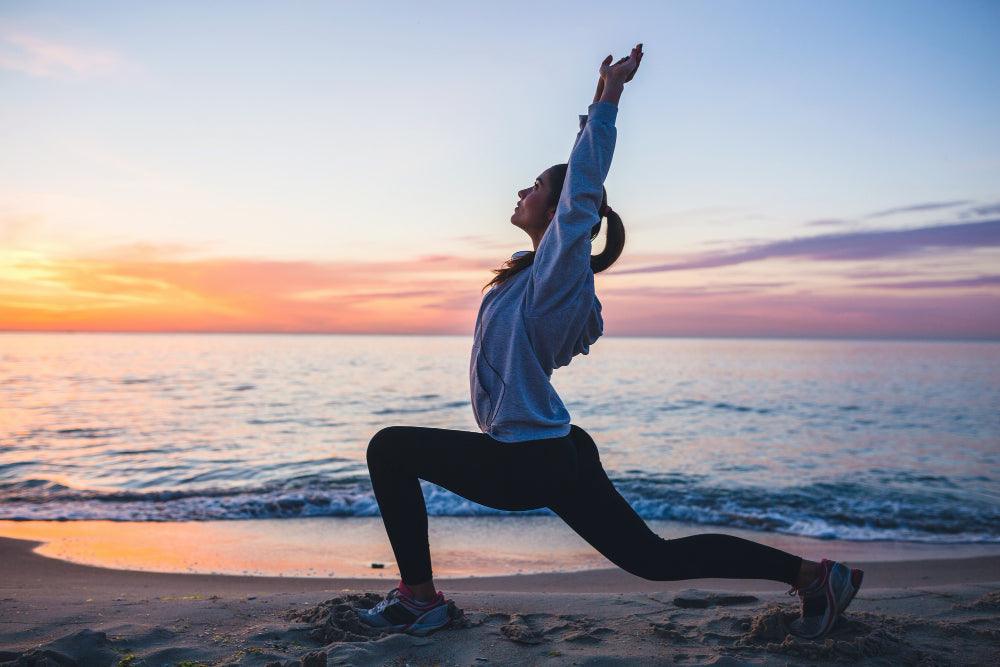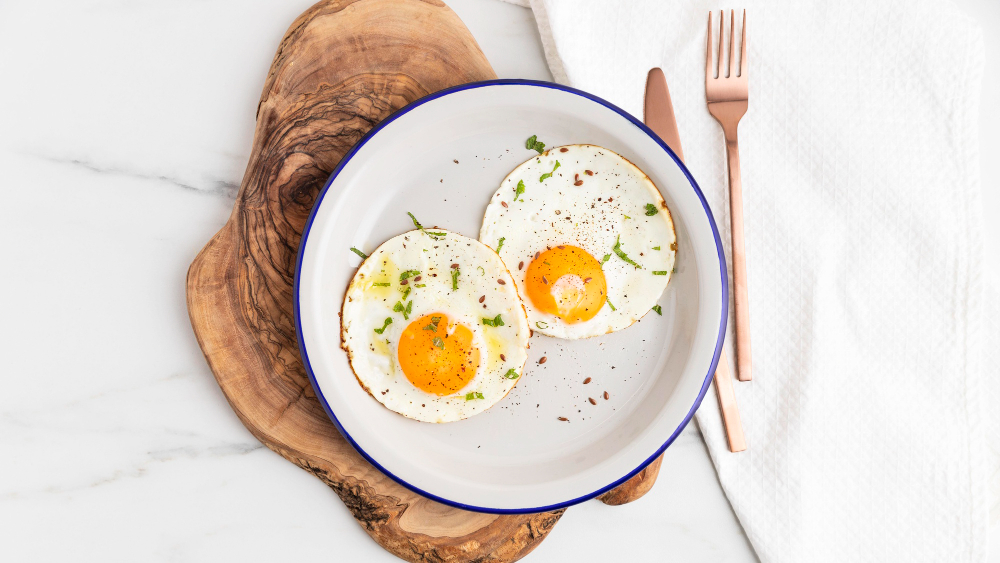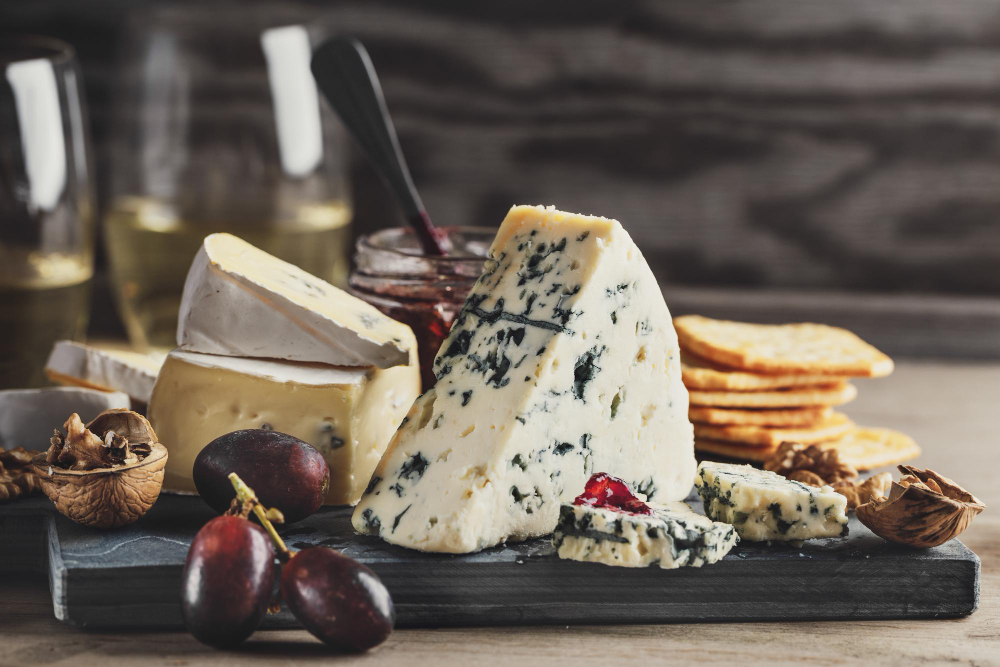What vitamin deficiency causes hair loss?



There is no single vitamin deficiency that causes hair loss. But, this article will cover 4 of the most common: Vitamin D, Vitamin B12, Riboflavin, and Zinc.
We'll explain how these vitamins help us maintain healthy hair and why not having them can cause our hair to stop growing. We'll also look at adding more of them to your diet.
We understand that hair loss can be frustrating. But, at the end of this article, you will know what kind of diet to eat if you want what's best for your hair.
Vitamin D can help stimulate both new and old fair follicles.
Vitamin D is metabolised by special types of skin cells called Keratinocytes.
In your hair, you'll find a protein called Keratin. Without Keratin, your hair would not have the strength to grow and stay strong throughout your day-to-day life.
If you fail to get enough vitamin D, the Keratinocytes in your hair follicles will not be able to process the Keratin and, therefore, won't be able to regulate growth properly.
When your old hair cells die out, your body won't renew them. They'll drop off.

The most common way to get vitamin D is to go outside into the sun.
Incredibly, the Keratinocytes in our skin can turn sunlight into vitamin D, in a process that's not relevant to this article.
But, if you live in a place that doesn't get much sunlight, you can still obtain vitamin D through your diet. The best foods to eat are oily fish, including salmon, tuna, sardines, or even Cod liver oil.
If you don't like fish, you can also get vitamin D from beef liver.
To find out whether you are deficient in Vitamin D, click here.
Vitamin B12 is one of the vitamins that helps your body to make red blood cells. Red blood cells deliver oxygen and nutrients throughout the body.
A microscopic thing called a papilla is at the base of your hair follicles. The papilla is filled with lots of blood vessels.
The papilla connects the hair follicles to the blood in your body. The oxygen and nutrients that hair needs for growth get passed from the bloodstream to the papilla to the follicle.
Suppose you don't have enough Vitamin B12. In that case, there will not be enough red blood cells to deliver oxygen and nutrients to your hair follicles.

The most common source of vitamin B12 is animal products. This includes fish, meat, chicken, eggs, and dairy products (products that contain milk). Because animals use vitamin B12 (like we do), their products will often have it too.
If you're vegan, you can still get B12 by eating foods such as fortified breakfast cereal or soy.
Fortified cereals are cereals that have had additional nutrients added. In the case of many breakfast cereals, this includes vitamin B12. By eating fortified cereals, people can get more nutrients into their bodies without significantly increasing their quantity of food.
By taking our B12 Blood Test you can assess the amount of B12 in your blood.
Riboflavin is another vitamin that might lead to hair loss when you don't get enough of it.
Riboflavin helps iron absorb into the blood. If it weren't for riboflavin, our bodies' oxygen would not be able to transport oxygen from the red blood cells into the cells that need it.
One study has suggested that a lack of riboflavin leads to reduced production of red blood cells. Iron is an essential building block of red blood cells, so insufficient iron means fewer red blood cells.
As we've already established, if your hair follicles cannot get oxygen, they cannot stimulate hair growth. And, if you don't have enough red blood cells, your follicles won't get enough oxygen.

One way to get riboflavin is through dairy products- this includes milk, cheese, yoghurt, and creams.
It can also come from lean beef and pork. But bear in mind that riboflavin is only in the meat and not the fat. So don't think eating a cheeseburger is a good way of getting it!
You can also find it in more typically lean meats, such as chicken or salmon.
If you're vegan, you can still get riboflavin by eating enough nuts and green vegetables (broccoli, Brussel sprouts, green beans, etc...).
There are two prevailing theories about why zinc deficiency leads to hair loss.
The first one is that a lack of zinc changes specific protein structures- to be more precise, it makes protein structures in the hair follicle weaker.
If protein structures in the follicle are weak, the follicle itself will also be vulnerable. And a weak follicle is less capable of holding onto a strand of hair.
The other theory is that zinc is crucial to DNA and RNA production. If there is not enough zinc, your body will not be able to produce the DNA/RNA that is required for your hair.

Throughout history, the most common source of zinc has been whole grains- this means wholemeal bread! So maybe swap out the white for wholemeal once in a while.
You can also get zinc from animal sources such as milk, oysters, chicken, or red meats such as beef, venison, or pork. But again, try to eat lean red meats, as the fat won't contain as many nutrients (such as zinc) and will essentially be empty calories.
Zinc supplements are offered through our online pharmacy.
But, with all that being said, vitamin deficiency is not the only reason for hair loss. Here are some more reasons why people start to lose their hair.
Perhaps it's just in your DNA. If your father lost his hair at an early age, the chances of the same thing happening to you are higher.
Hair loss can increase with age.
People who undergo radiotherapy for cancer often lose their hair in the process.
Hairstyles that pull at the hair are likely to weaken the follicles and increase the chances of baldness, particularly for people with thin hair.
Hormones are very fickle. If their balance is off, hair loss is a common consequence.
The problem of hair shedding is largely alleviated by vitamin supplements. Vitamins and minerals are essential components of healthy cell development and functions and can cause hair loss if deficient in these substances. It should be noted that vitamin and mineral supplements may help to prevent hair loss. Androgenetic hair loss is an uncommon type of hair loss. Research shows vitamin D supplementation can help reduce symptoms in the body's autoimmune system. In patients whose iron intake is low (particularly females), it is recommended to have additional supplements.
For further blood tests and medications, visit our Welzo Online Pharmacy Page.










Plus get the inside scoop on our latest content and updates in our monthly newsletter.